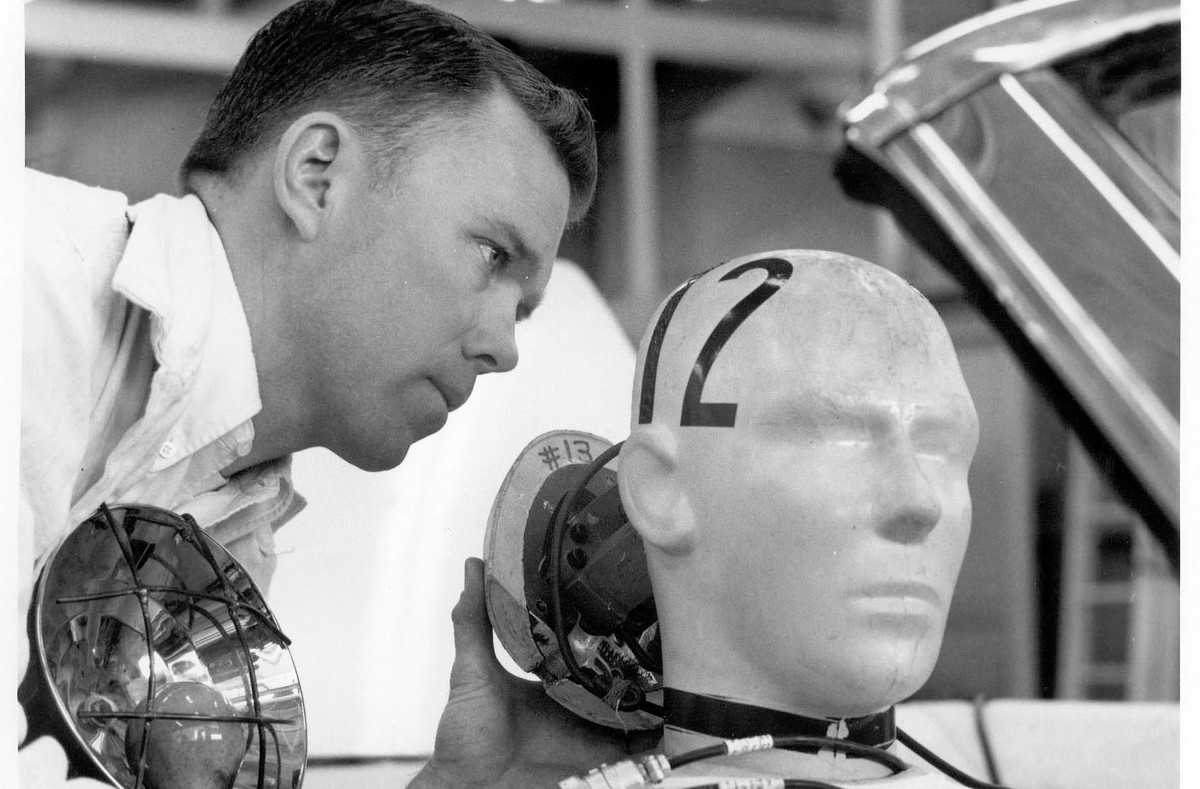In an recent post, I commented on new Treasury Secretary Steven Mnuchin’s puzzling contention that AI replacing human workers is “not even on our radar screen.” It makes me think his radar screen is not plugged in. Maybe a robot could do it for him?
In a Financial Times opinion piece, Lawrence Summers, who previously held the same White House post, isn’t convinced that smart machines will lead to a large-scale job loss, but he is sure that a big technological switch is under way.
Cora Lewis penned a troubling BuzzFeed article about the impact on employment of autonomous machines, asserting that based on fresh research about six human workers are disappeared every time a new robot is utilized in a factory. If true, that still doesn’t mean Summers is definitely wrong in believing the Second Machine Age transition may not lead to a net job loss, but it would require lots of new positions to be created. What happens if they’re not?
Two excerpts follow.
From Summers:
In reference to a question about artificial intelligence displacing American workers, Secretary Mnuchin responded that: “I think that is so far in the future — in terms of artificial intelligence taking over American jobs — I think we’re like so far away from that (50 to 100 years) that it is not even on my radar screen”. He also remarked that he did not understand tech company valuations in a way that implied that he regarded them as excessive. I suppose there is a certain internal logic. If you think AI is not going to have any meaningful economic effects for a half century than I guess you should think that tech companies are overvalued. But neither statement is defensible.
Mr Mnuchin’s comment about the lack of impact of technology on jobs is to economics about what global climate change denial is to atmospheric science or what creationism is to biology. Yes, you can debate whether technological change is to the net good. I certainly believe it is. And you can debate what the job creation effects will be relative to the job destruction effects. I think this is much less clear given the trends downwards in adult employment especially for men over the last generation.
But I do not understand how anyone could reach the conclusion that all the action with technology is half a century away. AI is behind autonomous vehicles which will affect millions of jobs driving and dealing with cars within the next 15 years even on conservative projections. It is transforming everything from retailing to banking to the provision of medical care. Almost every economist who has studied the question believes that technology has had a greater impact on the wage structure and on employment than international trade and certainly a far greater impact than whatever increment to trade is the result of much debated trade agreements.•
From Lewis:
Every new robot added to an American factory in recent decades reduced employment in the surrounding area by 6.2 workers, according to a new study released by the National Bureau of Economic Research.
Researchers worked to separate the impact of robots from other big-picture economic trends that hit the US workforce in the same period, like imports from China and Mexico, computer software replacing office work, and offshoring. With all that taken into account, they estimated that for every one robot per thousands workers in a given area of the country, the employment rate went down by .2-.3 percentage points, and wages fell by between .25 and .5 percent.
“We see negative effects of robots on essentially all occupations, with the exception of managers,” wrote economists Daron Acemoglu of MIT and Pascual Restrepo of Boston University in the study. “Predictably, the major categories experiencing substantial declines are routine manual occupations, blue-collar workers, operators and assembly workers, and machinists and transport workers.”•

